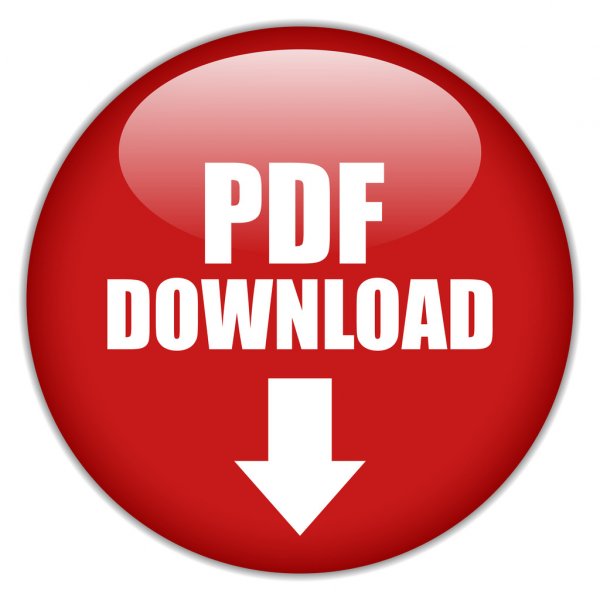
(www.MaritimeCyprus.com) The World Economic Forum report, written in collaboration with McKinsey & Company, measures the current state of global cooperation. It is meant to serve as a tool for leaders to better understand the contours of cooperation broadly and along five pillars – trade and capital flows, innovation and technology, climate and natural capital, health and wellness, and peace and security.
It is no secret that the current global context is concerning, as heightened competition and conflict appear to be replacing cooperation. The result is that new power dynamics, changing demographic realities and breakthrough frontier technologies are raising the temperature on long-simmering distrust rather than fueling opportunities for benefit. Businesses are responding to these complicated – and often fraught – geopolitical developments by shifting operations and facilities closer to home.
This report, therefore, aims to help business and government stakeholders gain a better understanding of the nature of cooperation to shape a healthier and more prosperous and sustainable world in the year ahead and beyond.
After trending positively for much of the past decade, global cooperation risks moving into reverse. The story varies by pillar:
- Trade and capital: trade and capital cooperation grew through the pandemic disruption, but slowed in 2023; geopolitical tensions and new restrictions make the future path unclear.
- Innovation and technology: flows of data, IP and international students powered an increase in cooperation until 2020, but new questions have arisen about how to work together to harness opportunities.
- Climate and natural capital: the level of cooperation for climate and natural capital has been rising steadily, due in large measure to an increase in commitments, but emissions also continue to rise.
- Health and wellness: cooperation in health and wellness rose swiftly in response to the pandemic, but appears to be settling back to historical patterns.
- Peace and security: cooperation in peace and security has declined since 2016 and plummeted recently.
Because it is unlikely that the current geopolitical climate will change and competition and confrontation will soon cool, the barometer suggests that leaders in business and government should reimagine cooperation. The barometer shows that cooperation is multifaceted, and elements of cooperation can coexist with elements of rivalry. Leaders can practice “coopetition” – balancing cooperation and competition – to advance shared interests in specific areas, despite lack of alignment elsewhere. Further, leaders can use these instances of cooperation to build mutual trust, which in turn could strengthen cooperation in other areas.
For more details access The Global Cooperation Barometer 2024 INSIGHT REPORT by clicking below:
Source: World Economic Forum














